Non-German speakers can finally go to the theatre in Zurich
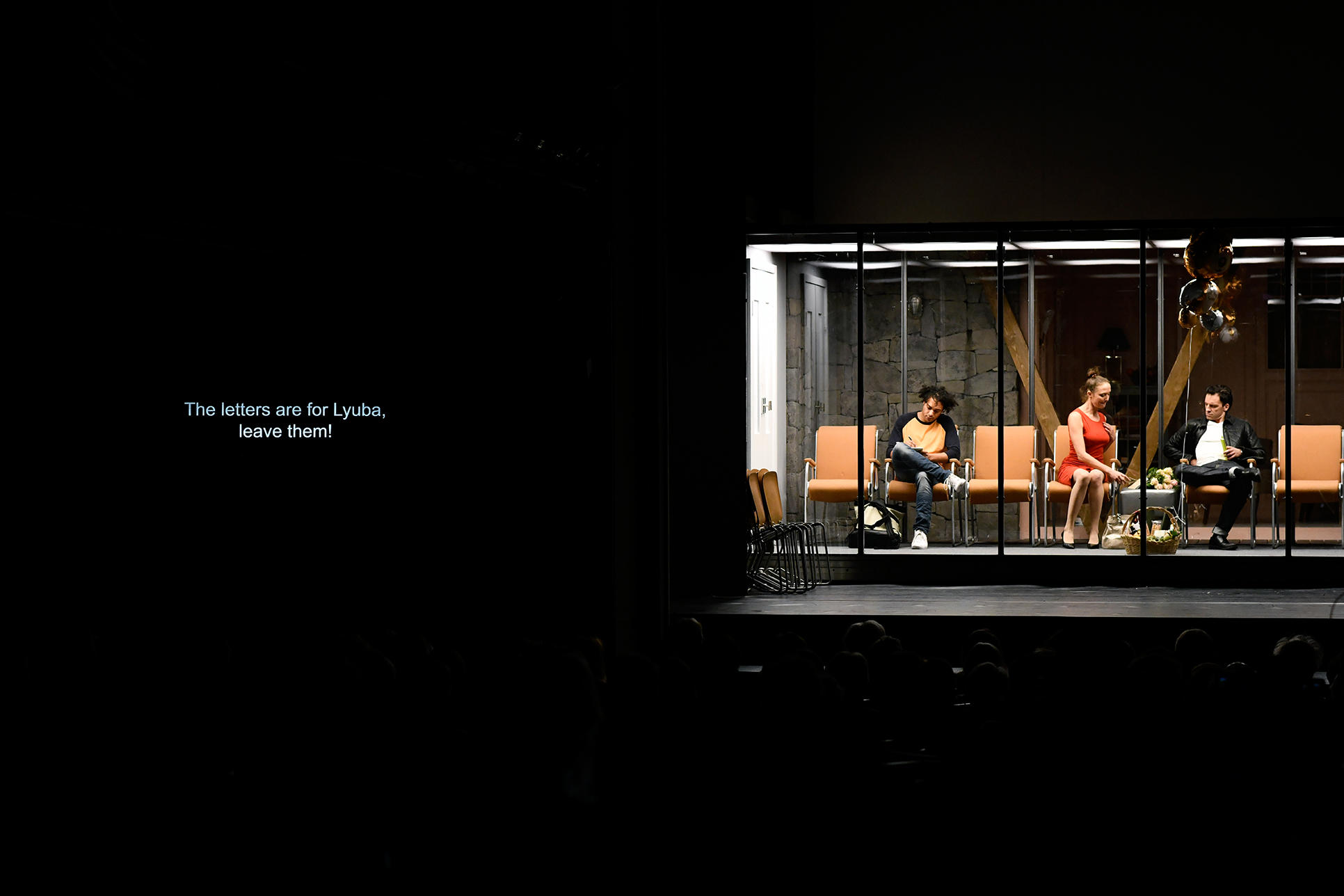
Zurich’s playhouse has recently introduced English surtitles for all its plays, hoping to cater to the big potential audience of expatriates and broaden its reach beyond the German-speaking crowd.
The Schauspielhaus Zurich is one of the leading theatres in the German-speaking world, having put on productions by some of the greatest playwrights and directors, from Bertolt Brecht to Christoph Marthaler.
“However, these great works are limited by the language, for German is not exactly a lingua franca,” says Barbara Higgs, director of fund-raising and development. Higgs is responsible for the implementation of the surtitles, which are not under the stage but over it and to the sides.
Facts & Figures
Schauspielhaus Zürich, Switzerland’s largest theatre, hosts around 140,000 guests annually, staging 500 events on five different stages in two distinctive theatre environments:
– Pfauen, the historic original theatre, is located in the city centre near Kunsthaus Zürich.
– Schiffbau, situated in Zurich’s hip Züri West district, opened in 2000. The Schiffbau and Pfauen together seat over 1,500 theatre-goers.
The theatre had already experimented with English surtitles a few years ago before deciding to adopt them as an integral part of the programme, starting in September 2019 with Nicolas Stemann’s take on Goethe’s Faust – Part I.
The potential of the expatriate public is not to be understated: Zurich is home to 170 nationalities, and 37% of the professionals in the city speak English at work. Besides, a considerable chunk of these expats are high-earners.
Subs vs surs
In cinema, subtitles are quite easy: you get the script, translate it and attach to the celluloid or, even easier today, to the digital film archive. In theatre, it is a long operation that ends only when the play finishes its season.
“First of all, there’s the translation of the script. But then you must be very careful. For instance, recently we staged John Steinbeck’s Grapes of WrathExternal link. The script came to us in German and we had to match it with the book to use as many original wordings of Steinbeck’s work as possible,” explains Sinikka Weber, who runs the theatre’s surtitle operation.
Once the English version is done by a pool of translators, there’s the technical issue of how to insert them in the scene. Weber leads a team of seven professionals who take turns running the surtitles slides live at every show. They have to follow every breath of the actors on stage and be aware of improvisations or sudden departures from the script.
The live surtitlers at the Schauspielhaus Zurich use a system developed by PantheaExternal link, a Franco-German company that is one of the leading suppliers of theatre and opera surtitling in Europe. Panthea’s professional surtitle software, called SPECTITULAR, is currently being used in some of the most prestigious operas and theatres in the continent, such as the Opéra National de Paris, Volksbühne (Berlin), Berliner Ensemble, Burgtheater (Austria), and the Festival d’Avignon.
The demand is increasing, according to David Mass, Panthea’s director in Berlin. “No theatre or festival that has introduced surtitles on a professional and large scale has reviewed this decision and stopped proposing them,” he says.
Targeted solutions
Technical issues apart, the linguistic challenges go further. What to do when parts of the script are in another foreign language, like Polish or Russian?
“We can’t forget that the main audience is still German-speaking, as well as the Schauspielhaus members, so we have to take them into consideration”, Weber says.
Splitting the surtitles could be a solution, but, for David Mass, “the future will be individualised surtitling, offering the best and most appropriate experience for each spectator and its specific preferences or needs. We’re trying to integrate the state-of-the-art technology in this process”.
The idea is to have individual screens in front of the theatre seats, like in airplanes, where the viewer can make his or her own choice of translation. But this implies a significant investment.
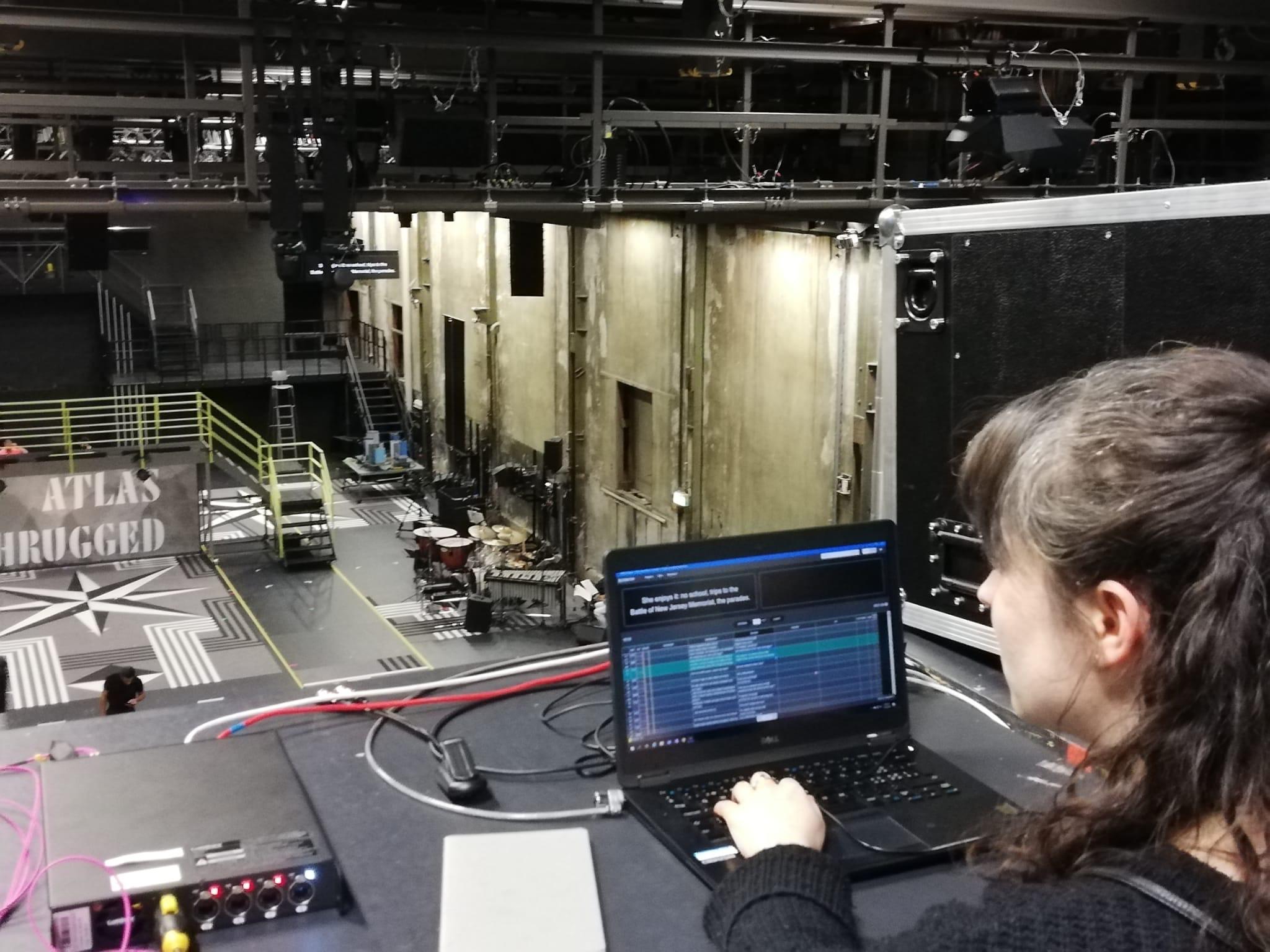
The Schauspielhaus invested around CHF100,000 ($102,000) in equipment: beamers, LED screens and hardware for its five stages. But the costs for this first season, from late September until the end of 2019, topped CHF200,000, including, besides the hardware, the costs of translation and staff for each show.
Barbara Higgs explains that each production, with roughly 25 shows, costs around CHF16,000 in surtitling alone. The Schauspielhaus can afford it only thanks to private sponsors: the Hans Imholz Foundation and the International Music and Art Foundation.
David Mass notes that most of the negative reaction to surtitling comes from an unexpected source: stage directors and designers. “Sometimes stage designers are against the appearance of surtitles in their scenography because they consider it as something additional. But especially when productions go on tour it would be just logical and very helpful to integrate them so that the surtitles are easily readable. And you can also play with it and position them in genius ways!”
The same applies to directors who sometimes don’t see that the surtitles are the bridge that allows a foreign audience to access their play, he adds. “If this bridge is weak, the whole theatrical energy that is created between stage and audience can be disturbed or even blocked.”
Not every theatre considers surtitle operators as a novel and vital part of the technical crew, supposedly because of budget constraints. “But nobody would accept going on tour without their own light or sound technician,” says Mass. “And if you look at the fact that we have around 1,000 cues per show, it’s a big risk – if not a stupid mistake – to leave this important task to somebody who is not professional or doesn’t know the show as well as the person running the surtitles regularly.”
The call of the crowd
In these few months of operation, Barbara Higgs considers the surtitling operation at the Schauspielhaus a big success.
“Many expats, international students and tourists appreciate our new service,” she says. But also internally at the Schauspielhaus the surtitles have filled a hole: the theatre receives several distinguished artists in residence – playwrights, directors, actors – from all over the world. Now, Higgs says, they can see and understand what their colleagues are doing.
“Finally, I found a new home at the Schauspielhaus,” says a PhD student from China. She is part of the Schauspielhaus Theatre Lovers Zurich Meetup groupExternal link with 148 members so far and counting.
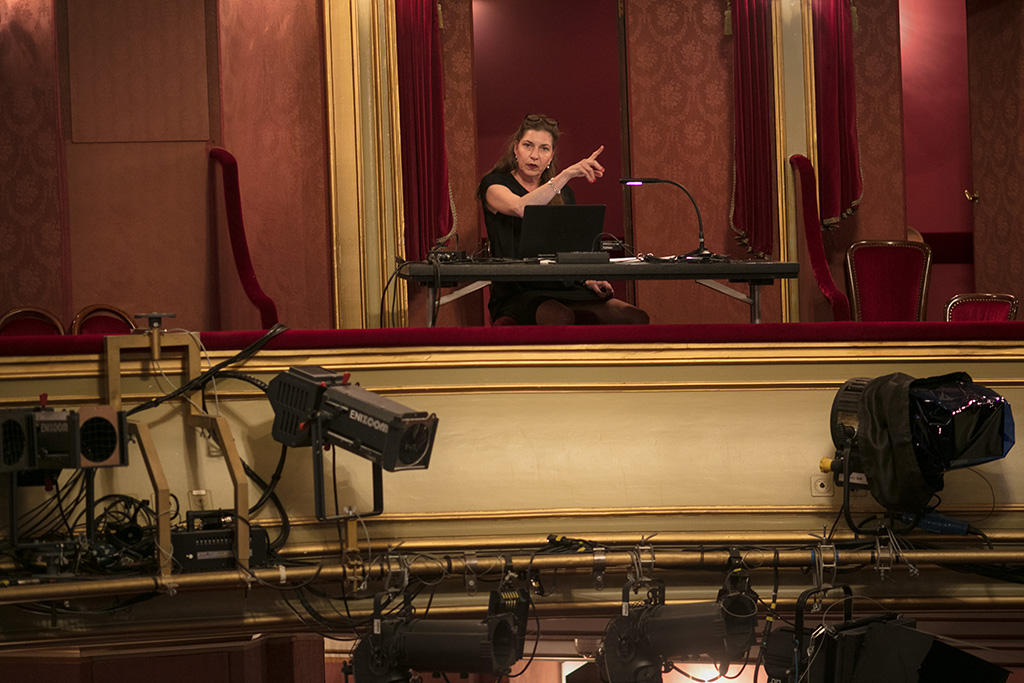
More
Woman puts words near actors’ mouths

In compliance with the JTI standards
More: SWI swissinfo.ch certified by the Journalism Trust Initiative
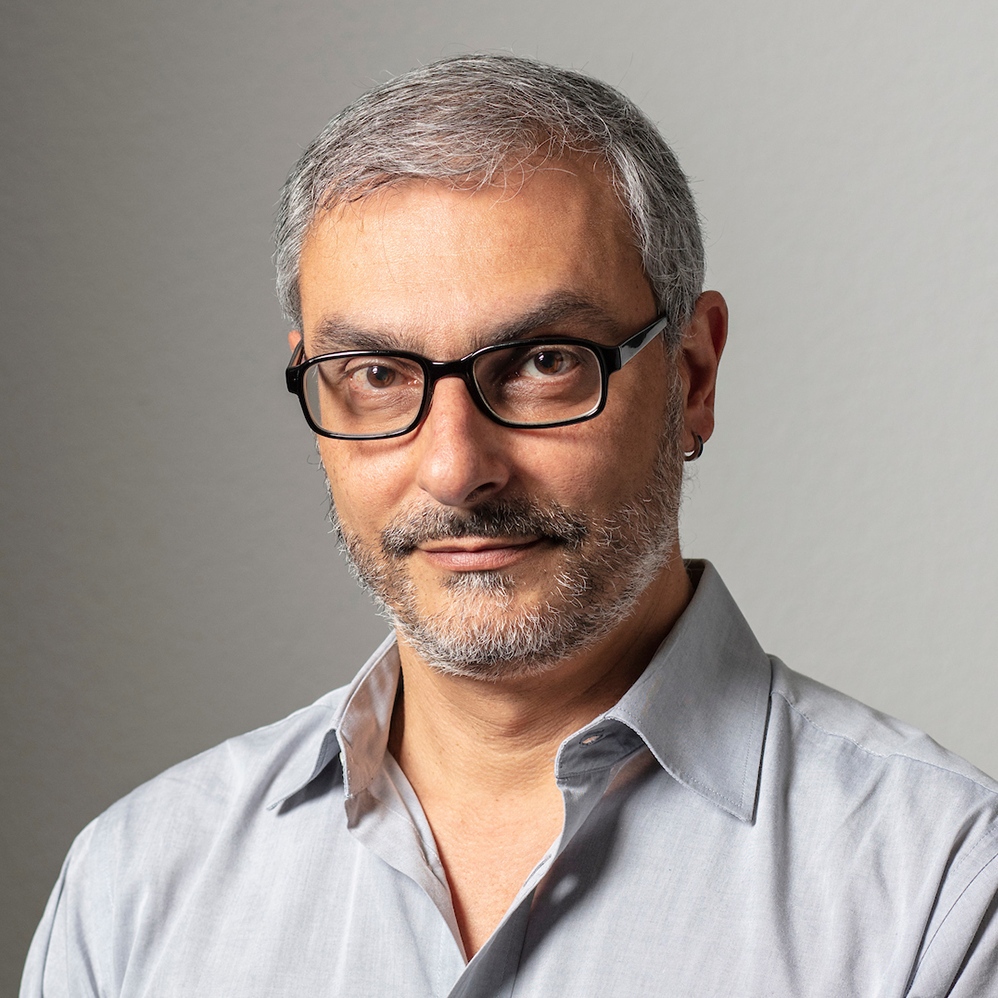
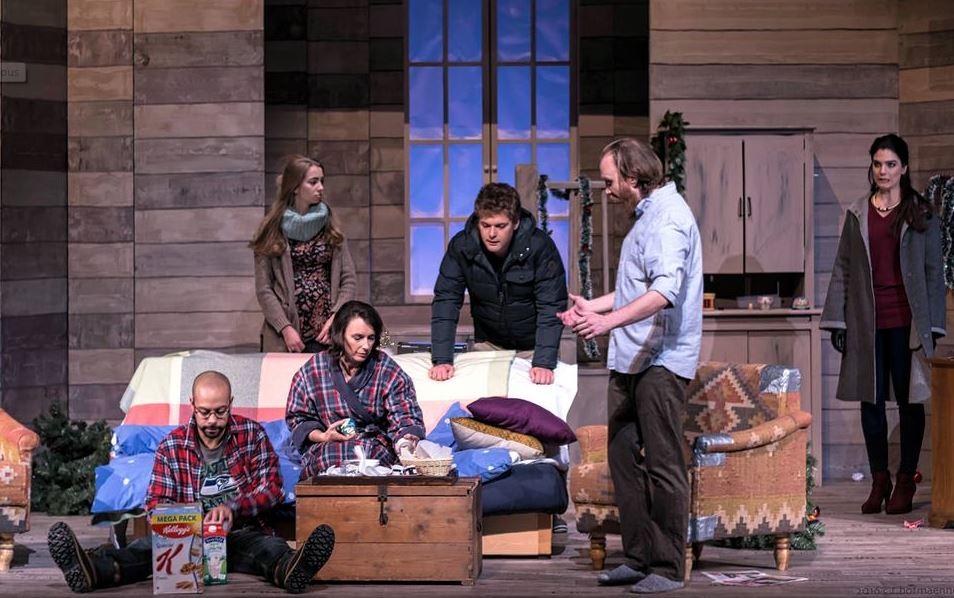

You can find an overview of ongoing debates with our journalists here. Please join us!
If you want to start a conversation about a topic raised in this article or want to report factual errors, email us at english@swissinfo.ch.